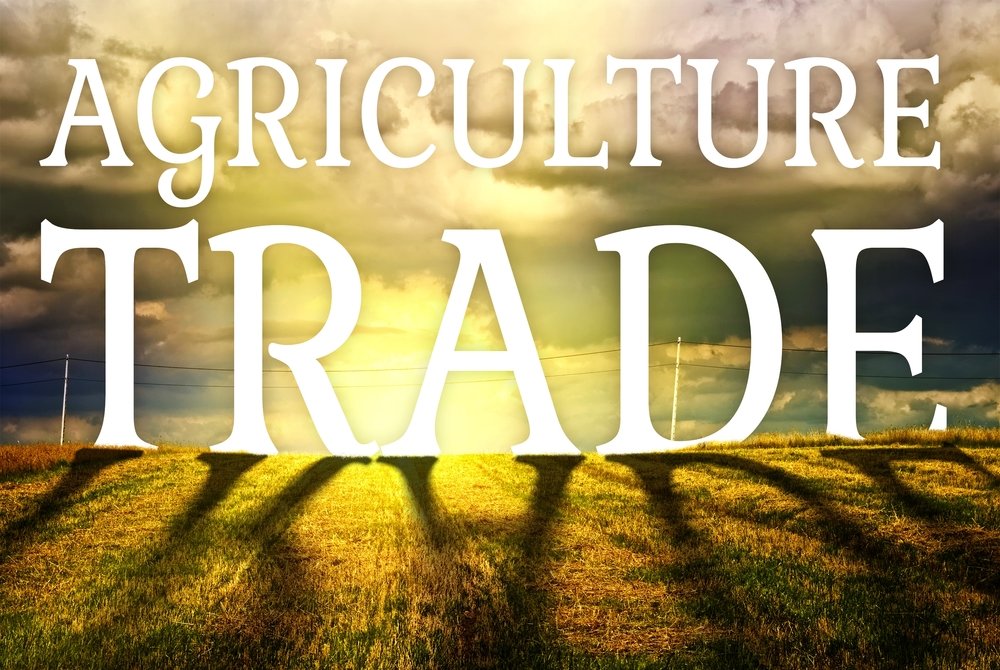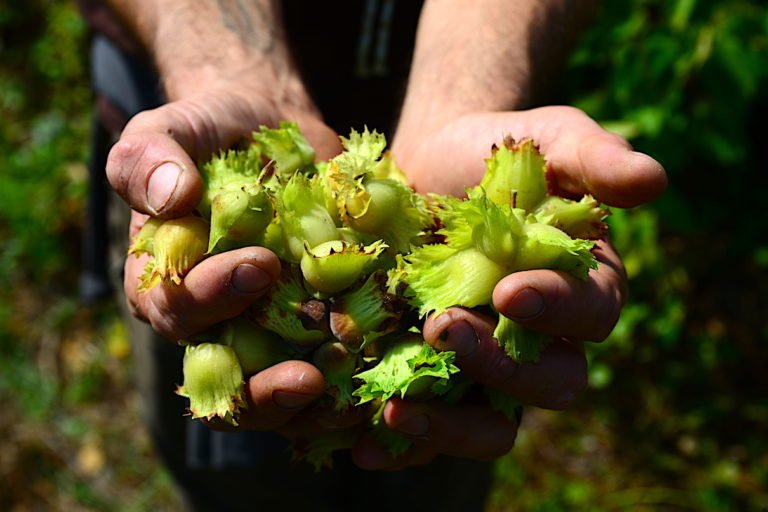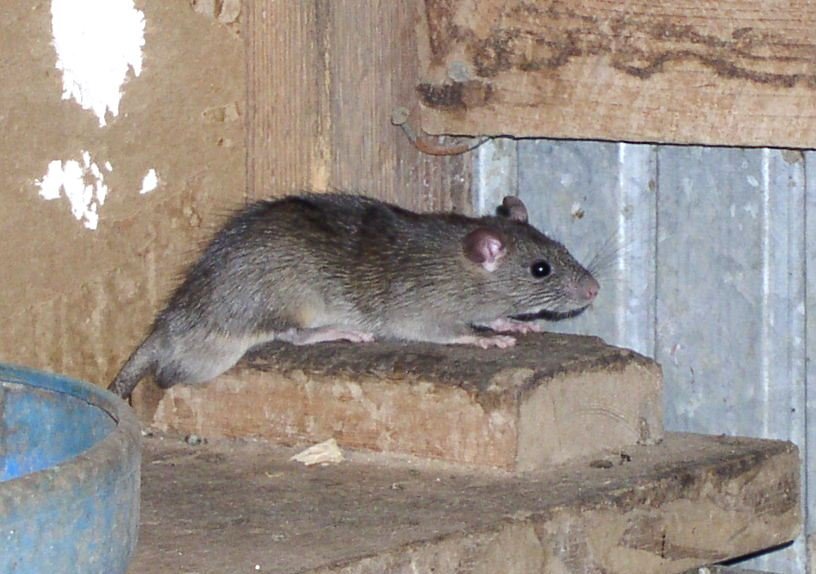When we talk about “trading” natural capital in this article, we are using a shorthand for selling products or services derived from natural capital assets.
We are talking about more than just selling carbon credits from fixing organic matter in soils.
See also: 6 soil carbon schemes for farmers to consider
It may be biodiversity “units” through new habitat creation, nitrogen offsets generated by a wetland scheme or reductions in greenhouse gas emissions through peatland restoration.
As far as legal considerations go, there are four main areas to focus on:
- What are you selling?
- Is it yours to sell?
- How might contracts restrict other opportunities for exploiting natural capital?
- What are the implications of entering long-term contracts?
What are you selling?
This is an obvious point, but one that may have knock-on effects on your ability to enter into the proposed scheme or other schemes or trades in the future.
You may, for example, enter a privately funded, non-statutory environmental scheme, agreeing to deliver habitat creation for pollinators/watercourse protection buffers/low-till practices.
In the small print there will probably be a clause that gives the buyer (funder) the right to the “outcomes”.
In other words, you are being paid for implementing measures, but the buyer is buying the outcomes (additional biodiversity, carbon credits, and so on).
Private woodland planting schemes may pay you to plant trees but keep the right to sell carbon credits generated by the planting.
Check what information rights you are selling.
Expect, for example, particulars of schemes under one of the formal carbon codes to be made public on the UK Land Carbon Registry, and details of any off-site biodiversity net gain schemes to be publicly available.
Private agreements may even give the buyer access to film on farm and post information about your project.
Is it yours to trade?
This is particularly important if land is tenanted, both for tenant and landlord.
You will need to check your tenancy agreement, and scheme rules, to see whether and to what extent the consent of your landlord or tenant is needed before you can agree to a natural capital delivery project.
And whatever tenancy agreements say, Woodland Carbon Code projects require the consent of the landlord where project land is tenanted, with the landlord signing up to the same obligations as the tenant (for example, to replant if trees fail).
In addition, it is a basic principle – whether in public or private schemes – that you cannot sell the same thing twice.
This is complex. The government is, understandably, keen to see private funding for natural capital come into the sector.
The current Defra position is that it is possible to include the same land in a Sustainable Farming Incentive scheme and a private scheme as long as you are not being paid for a similar activity or outcome on the same area of land at the same time.
Private schemes may have an explicit clause prohibiting double-selling and requiring you to warrant that the particular outcome you are delivering is not already being paid for by someone else.
Restricting your opportunities
This is a similar point. If you enter a 10-year, privately funded agreement to deliver carbon credits, or additional biodiversity, you may well be limiting your ability to “sell” those outcomes elsewhere.
Again, this may come down to a forensic assessment of what exactly you are being paid for under a particular agreement.
It is still an emerging area, but additional carbon-reduction/sequestration incentives from direct or indirect buyers of your produce may be on offer. Or carbon neutrality may become a requirement.
The bottom line is you cannot sell the same thing twice, and if you have sold carbon credits to a third party outside your supply chain, they will not be available for use within the chain.
Implications of long-term contracts
Many natural capital agreements are long term.
Circumstances may change, and you are likely to be agreeing to do or not do certain things on your farm across generations. You will want to take this into account before signing up.
Check what restrictions/consents/notice is needed before transfers of land ownership or occupation can take place.
Make sure the structure of your business is such that the next generation are not simply landed with liabilities but can benefit from rewards under the agreement.
If what the agreement delivers is a change in use from agriculture, you will want to take advice on the associated tax consequences, or at least on the risk of your land not considered to be in agricultural use.
On the inheritance tax front, for example, agricultural property relief may be put at risk by a full-on habitat or wetland creation scheme.
Things to watch
- Restrictions in any tenancy agreement (or need for agreement from either landlord or tenant)
- What additional obligations you are agreeing to (monitoring and reporting, consent before any land ownership/occupation change)
- What rights you are granting (rights in outcomes, access rights, rights to use information)
- Interplay with other schemes or contracts you are signed up to (are you already being paid for the same actions or outcomes?)
- Taxation implications of any long-term land use change
Edd Johnson is partner at Roythornes Solicitors.











